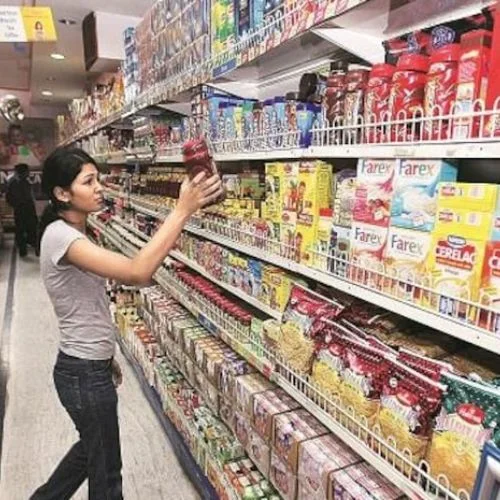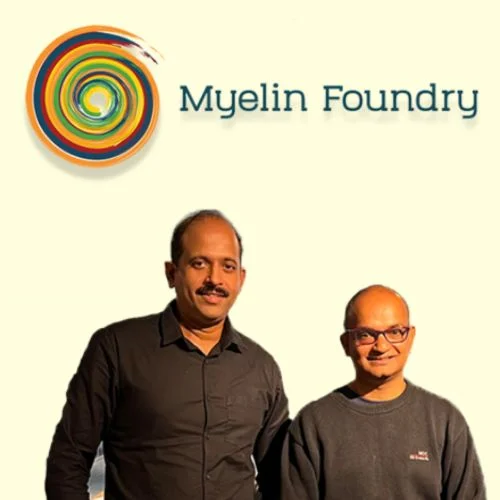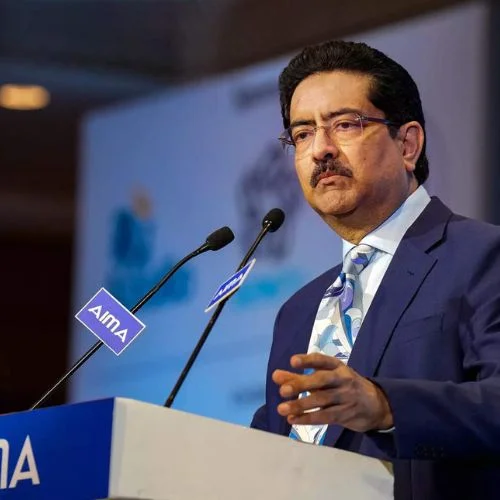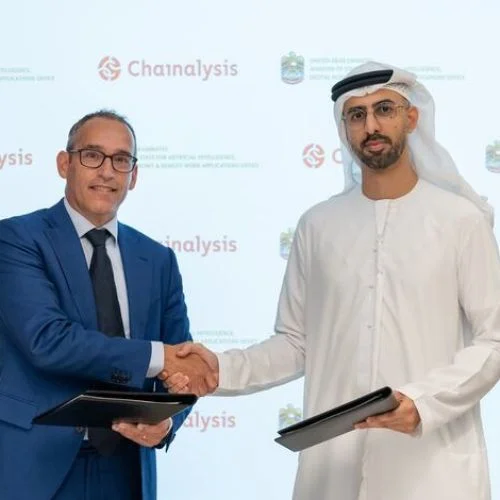Gallium and germanium exports from China are being restricted; according to Minister Rajeev Chandrasekhar, a new India is engaging with the international community to create supply chains that are more resilient.
According to Rajeev Chandrasekhar, Minister of State for Electronics and IT, there won’t be any misuse of supply chains as a result of China’s decision to impose export curbs on two essential rare elements used in semiconductor manufacturing—gallium and germanium.
The India-US Initiative on Critical and Emerging Technology (iCET), according to Chandrasekhar, “exactly ensures that there is no such control or abuse of supply chains.” Materials are covered by [iCET]. In order to create reliable global supply chains, the globe today collaborates closely with a new India. The future of technology and international supply chains will be determined by India’s ties with like-minded nations and the US under Prime Minister Narendra Modi.
Both India and the US are concentrating on creating an internal, resilient semiconductor supply chain as part of iCET. The countries are strengthening their bilateral cooperation on resilient semiconductor supply chains and helping India establish an ecosystem for semiconductor design, production, and fabrication. Both nations intend to encourage the growth of a skilled workforce that will support global semiconductor supply chains as well as joint ventures and technology partnerships on mature technology nodes and packaging in India. They are also looking to capitalize on each other’s complementary strengths.
A Memorandum of Understanding (MoU) on the Semiconductor Supply Chain and Innovation Partnership between the United States and India was signed in March as a result. During the India-USA Commercial Dialogue in Delhi, the MoU was signed by Union Commerce and Industry Minister Piyush Goyal and US Secretary of Commerce Gina M. Raimondo. In light of the US’s CHIPS and Science Act and India’s Semiconductor Mission, it aims to create a collaboration mechanism between the two governments on supply chain resiliency and diversity for semiconductors.
According to Eswara Rao Nandam, the founding president of Tamil Nadu-based Polymatech, if the Indian government adopts the same neutrality strategy employed during the Ukraine War, we may be able to obtain this stuff. Then a lot of businesses will go to India. In Kancheepuram, Tamil Nadu, Polymatech produces opto-semiconductors used in lighting, medicinal, and food sanitization applications, as well as memory modules.















